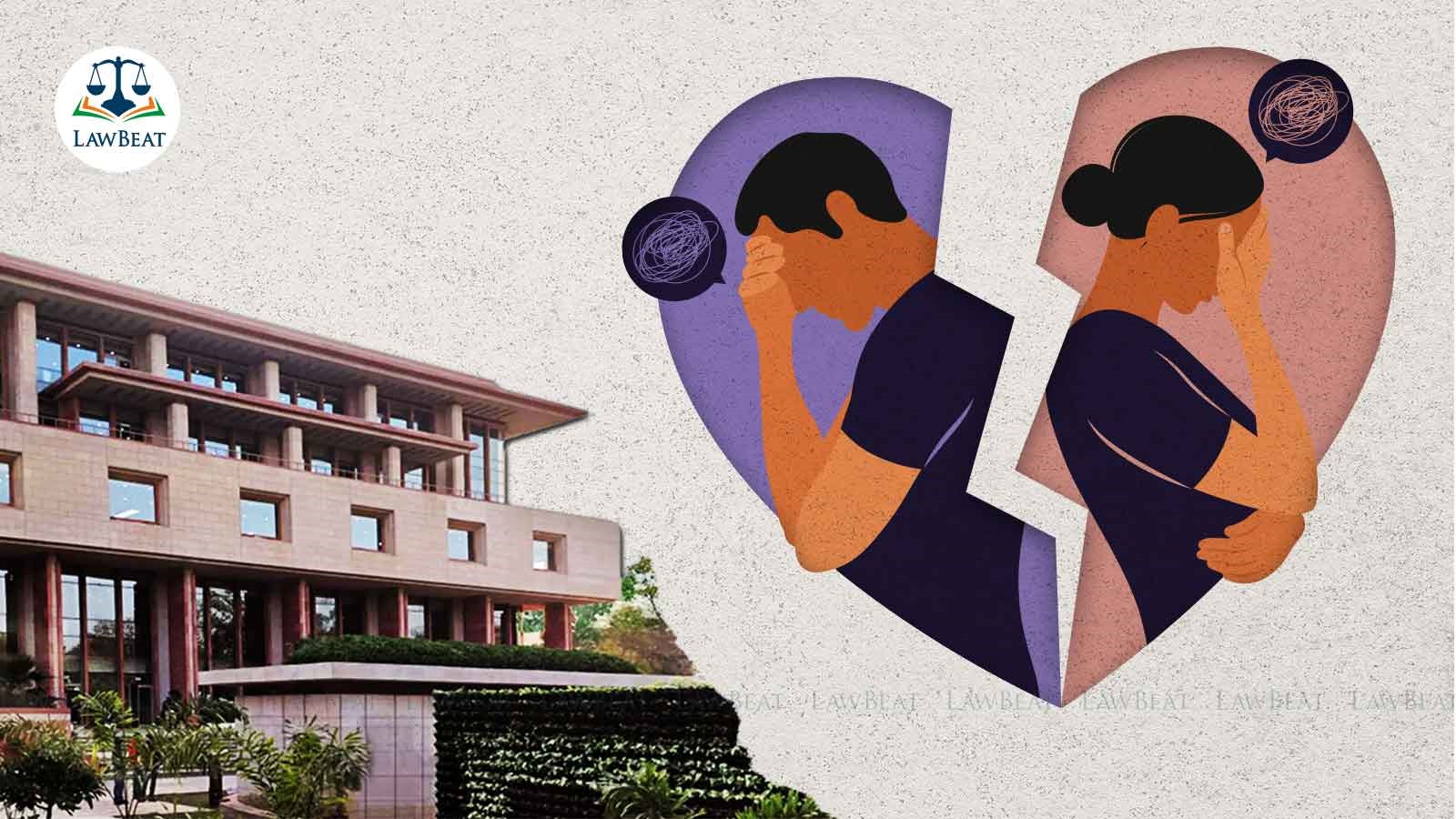Derogatory Complaints To Spouse’s Employer To Harm Reputation Is Cruelty: Delhi HC

The court said that making such complaints to the spouse’s employer demonstrates a lack of mutual respect and goodwill, an essential factor for a healthy marriage
Recently, the Delhi High Court held that making derogatory complaints, whether true or false, against your spouse to their employer with the intention to harm their professional reputation and financial well-being constitutes cruelty.
The bench of Justice Suresh Kumar Kait and Justice Neena Bansal Krishna held, “Whether the complaints were false or true, irrespective of this fact, making derogatory complaints to the Employer of spouse, with intent to harm professional reputation and financial well-being, is nothing but cruelty”.
A husband filed an appeal challenging the judgment passed by the Family Court. The family court had dismissed two petitions; one filed by the husband (appellant) seeking divorce under Section 13-1(ia) of the Hindi Marriage Act, 1955 (HMA) and the other by the wife (respondent) under Section 9 seeking Restitution of Conjugal Rights.
The husband, represented by Senior Advocate Sudhir Nandrajog with Advocate Kanishk Ahuja, claimed that he had suffered significant mental anguish due to his wife's conduct. He cited instances of alleged threats, neglect of marital responsibilities, and unreasonable financial demands. Additionally, the husband asserted that the wife displayed inappropriate behavior, including verbal abuse and physical altercations, causing distress to him and his family members.
In response, the wife, represented by Advocates Priya Puri and Ranjan Dubey, denied the allegations, alleging abandonment and mistreatment by the husband and his family. She recounted instances of neglect, harassment, and coercion during their marriage.
The court observed that the marriage had taken place on January 25, 2011, following Hindu customs. A son was born on September 26, 2011, as a result of this marriage.
The court rejected the allegations leveled by the husband accusing the wife of cruelty, including threats with a knife and sending indecent messages, on grounds of insufficient evidence. Similarly, regarding the wife’s allegations, the court found no evidence that she was forcibly ejected from the matrimonial home by the husband. However, the bench noted that the wife had used derogatory language towards the husband’s father, which harmed the marital relationship.
“Spouses engaging in defamatory language directed towards one’s in-laws, not only undermines the dignity and reputation of the individuals but also erodes the trust and respect necessary for a healthy marital bond”, the court emphasized.
Furthermore, the bench found the wife guilty of lodging complaints against the husband with the Reserve Bank of India after their separation. The court, in this regard, noted that “Making such complaints demonstrate lack of mutual respect and goodwill, which is crucial for a healthy marriage and merely by stating that such complaints were made after the parties have separated, in no manner absolves a spouse from the guilt of committing cruelty on the receiving end”.
The bench reiterated that such allegations from an educated spouse can severely damage the reputation and character of the accused among colleagues, superiors, and society. Despite the wife's explanation that the complaints were made to salvage the marital relationship, her consistent actions to undermine her husband's dignity were deemed unjustifiable. The court opined, “In such circumstances, it's unreasonable to expect the wronged party to continue the marriage, and there is sufficient justification for separation”.
Thereafter the bench expounded on the negative consequences of prolonged legal battles between couples and highlighted that it hinders any chance of amicable resolution, exacerbates animosity, and prevents them from moving forward constructively. The court further noted that such litigations imposed significant emotional, psychological, and financial burdens on both parties, perpetuating a hostile atmosphere. Consequently, the court deemed such persistent engagement in litigation over an extended period, a form of cruelty.
Given the facts of the case, the bench noted that the actions of the wife created tension and instability within the marital relationship, causing emotional harm to both parties. While each incident might appear trivial individually, their cumulative effect over time created significant mental stress, rendering the continuation of the marital relationship untenable.
Accordingly, the court allowed the appeal of the husband and granted a divorce decree.
Case Title: X v Y (2024:DHC:2595-DB)
